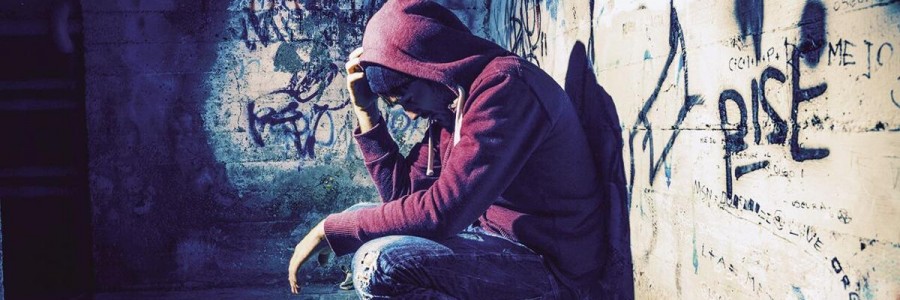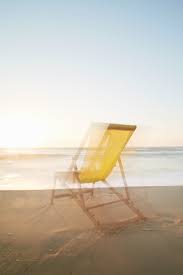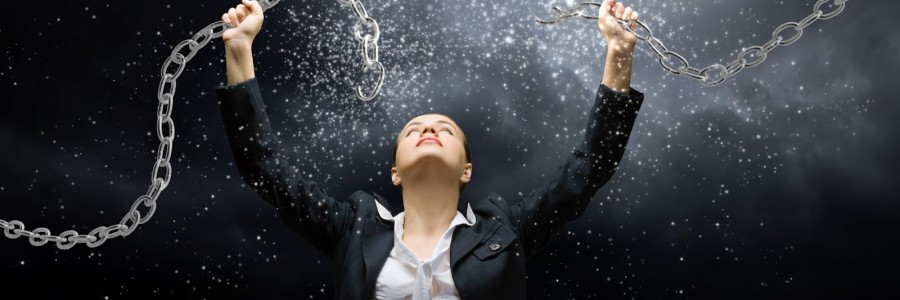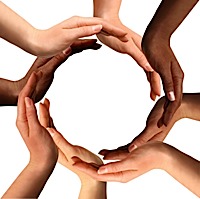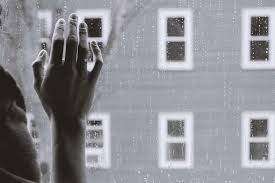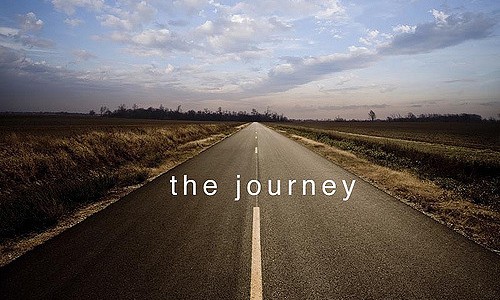Pandemic created a ‘tipping point’ for some in addiction recovery, says mental health expert
The economic instability and stressors of changed ways of life have served as a tipping point for some of those in addiction recovery, said a counselor and addiction treatment center owner.
“We know for sure that the pandemic has made things worse, and I think the reason for that is that COVID has caused is a tipping point for a lot of individuals,” said Dr. Scott Tracy, owner of Tracy Counseling Center in Lemont Furnace and Wellness Recovery in Uniontown. “You have your normal life stressors, and then on top of that this enormous stress of a pandemic. The coping mechanisms break down, and so you use. You need to use in order to cope, to sedate your emotions.”
He noted most of the stress is caused by economic factors, not necessarily a fear of contracting the virus. In addition, there are basic changes to daily life, such as wearing masks and social distancing. There are also fewer social outlets, with canceled sporting events and school routines upended. Overdoses among teens have increased, he said, attributing that to changes in school schedules.
Statewide, there has been a 30% increase in overdoses, he said. However, he has not seen an influx in patients at his practice. Melissa Ferris, assistant executive director of the Fayette County Drug & Alcohol Commission, also said their number of clients has remained steady.
“We have not seen a dramatic increase, or anything like that,” she said.
She noted overdose deaths have been decreasing for several years. Overdose Free PA, which compiles data from county coroners across the state, indicated 77 fatal overdoses were reported in Fayette County in 2017, but the number has dropped steadily since then. There were 41 overdose deaths in the county in 2018, 37 in 2019, and 21 so far in 2020.
She said none of her agency’s clients have specifically said stressors due to the pandemic have caused them to relapse or get services, while Tracy said clients at Wellness Recovery have voiced concerns reflective of struggles caused by the pandemic.
“Addiction has been a pandemic for a long time, so we haven’t necessarily seen an increase in numbers, but the context of the type of patients that we’re seeing more matches COVID,” he said.
Many of the recent clients are older and under-insured. He said many of them lost health insurance because they lost their jobs or their hours were reduced. Many worked in service industries, and either lost their businesses or faced layoffs.
“All of those stressors led them to use or turn to alcohol,” he said Read more….

